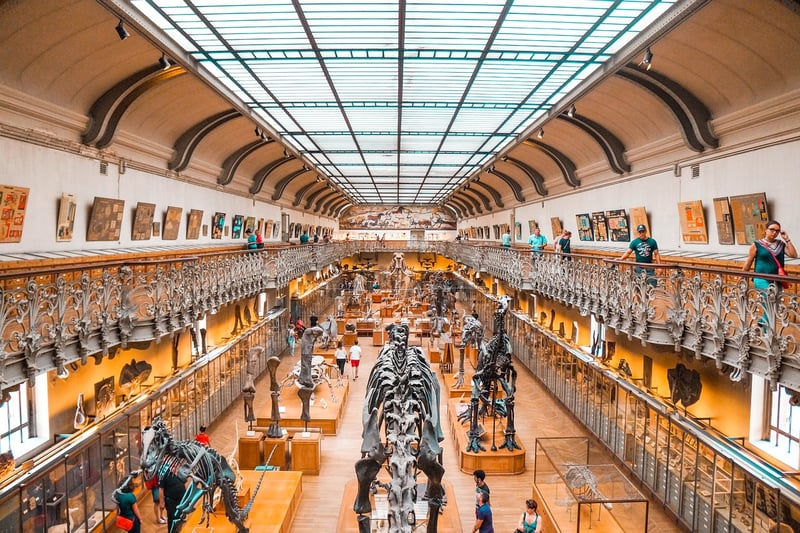Evolution of Taste
Exploring the Culinary Past: The Evolution of Taste
Food is not just sustenance; it is a reflection of culture, history, and innovation. Delving into the culinary past allows us to trace the evolution of taste and how it has shaped societies across the globe. From ancient civilizations to modern gastronomy, the journey of food reveals a fascinating narrative of human creativity and adaptation.
Ancient Culinary Roots
Ancient civilizations such as the Mesopotamians, Egyptians, Greeks, and Romans laid the foundation for culinary practices that continue to influence us today. These cultures cultivated crops, traded spices, and developed cooking techniques that formed the basis of many modern dishes. Ingredients like olive oil, honey, wheat, and wine were staples in their diets, showcasing their deep connection to the land and its bounty.

The Middle Ages: A Culinary Renaissance
The Middle Ages brought a fusion of flavors as trade routes expanded, bringing new spices and ingredients to Europe. The rise of courtly cuisine and the refinement of culinary arts in monasteries marked a period of culinary renaissance. Dishes became more elaborate, with an emphasis on presentation and refinement, laying the groundwork for the sophisticated palates of the future.

The Spice Trade and Globalization
The Age of Exploration in the 15th and 16th centuries heralded a new era of culinary exchange. The spice trade played a pivotal role in shaping world cuisines, as exotic flavors like cinnamon, pepper, and nutmeg found their way into kitchens around the world. This period of globalization transformed local cuisines and created a rich tapestry of flavors that continues to evolve today.
Modern Gastronomy: Innovation and Fusion
In the modern era, culinary innovation knows no bounds. Chefs experiment with global ingredients, fusion techniques, and molecular gastronomy to create avant-garde dishes that push the boundaries of taste. Food has become not only a means of sustenance but also a form of art and expression, reflecting contemporary values and trends.

The Future of Taste
As we look to the future, the evolution of taste continues to evolve. Sustainability, health consciousness, and cultural diversity are shaping the way we approach food. From plant-based innovations to traditional culinary revivals, the future promises a dynamic culinary landscape that celebrates both heritage and innovation.
Join us on this culinary journey through time, as we uncover the rich tapestry of flavors that have defined our past and continue to inspire our future.
For more culinary inspiration, Tastemade offers a wide range of recipes, cooking shows, and food travel content to satisfy your taste buds.
